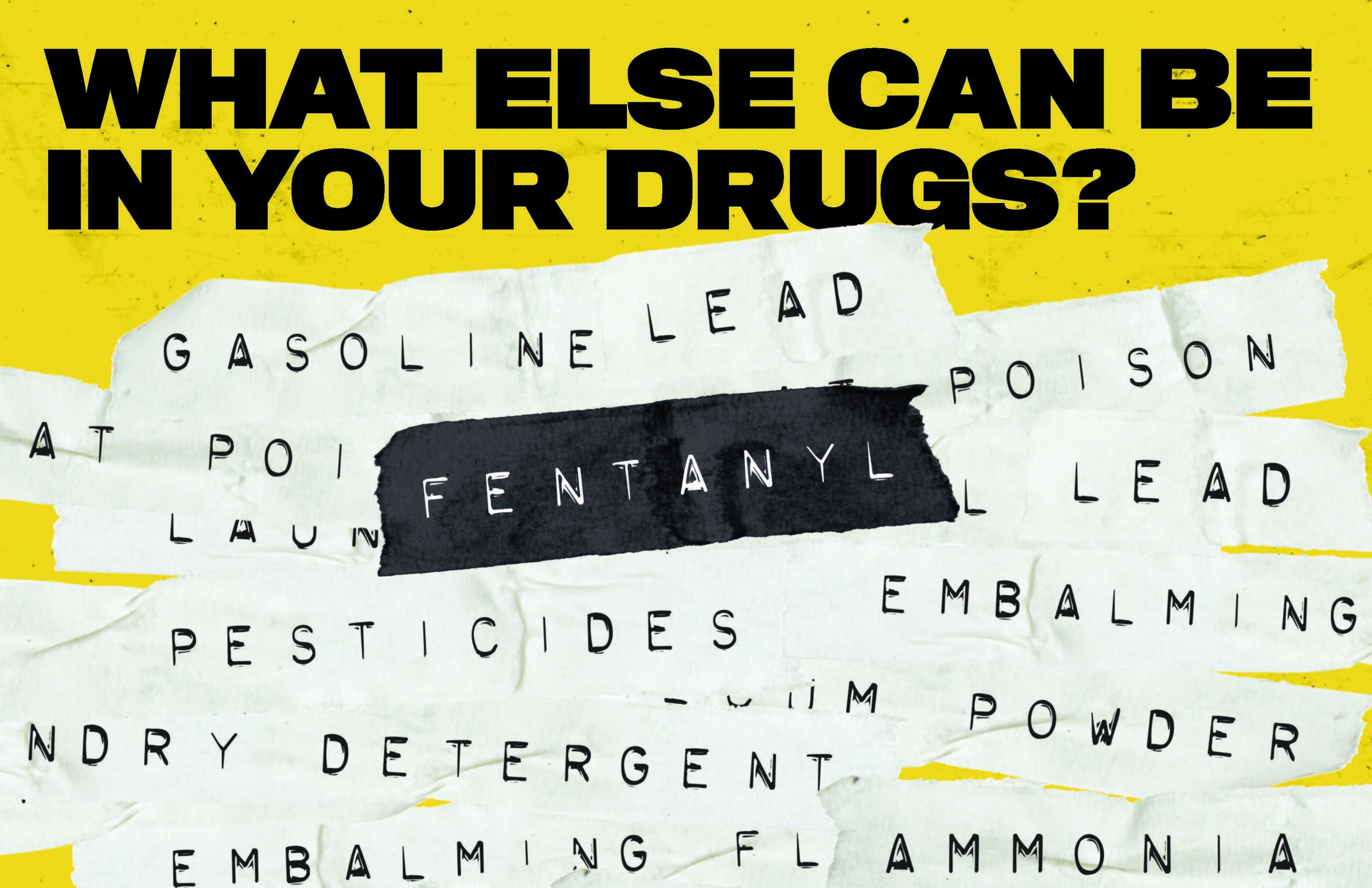
Orange County Adopts CDC Initiative to Reduce Fatal and Nonfatal Overdoses
In order to address the increasing number of overdose deaths related to prescription opioids and illicit drugs, Orange County has engaged with the Centers for Disease Control and recently was awarded a grant funded by the CDC to implement its Stop Overdose campaigns locally.
The series of campaigns focuses on four key areas: the dangers of illicitly manufactured fentanyl, the risks and consequences of mixing drugs (polysubstance use), the lifesaving power of naloxone, and the importance of reducing stigma around recovery and treatment options. The messaging highlights drug-use trends and encourages harm-reduction practices.
“We worked with CDC staff to determine the best messages for our community, and they helped us identify our priorities,” explained Dr. Thomas Hall, director, Orange County Drug-Free Coalition. “The campaigns are based on best-practice marketing strategies, and the messages are simple and direct. Each message has an action associated with the information presented.”
The connecting feature of the campaigns is the Stop Overdose website, which was launched as a resource library for people who use drugs and their loved ones. Each subpage on the website features campaign messaging, support data and resources for the intended audience – those who use drugs between the ages of 18-34.
“There’s a big stigma attached to addiction, so we need to get specific messages out to people who use illicit drugs, including that the community offers access to free medicine that reverses opioid overdoses and free treatment,” asserted Megan Giddens, senior program manager, Orange County Drug-Free Office. “This campaign really helps get these messages to its intended audience.”
Three hundred people die of a drug overdose every day in this country, and the availability of illicit fentanyl significantly increases the likelihood of opioid overdoses and overdose deaths. In our community and across the nation, deaths related to mixing fentanyl with other drugs, such as cocaine and methamphetamines, are most prominent.
“The Drug Enforcement Administration reported 7 out of every 10 pills seized by the agency contain a lethal dose of fentanyl, yet drug users may not know the risk of fentanyl being present,” said Dr. Hall. “Raising awareness of these risks is a priority for Orange County, and the Drug-Free Coalition is committed to expanding harm reduction strategies to reduce drug-related deaths in our community.”
Giddens agreed the priority is saving lives. “We have high overdose rates in this region, so Stop Overdose is a critical education piece,” she said. “We want to be proactive, and this represents an effective preventive measure.”
For more about strategies, programs and resources, go to Orange County Responds.
